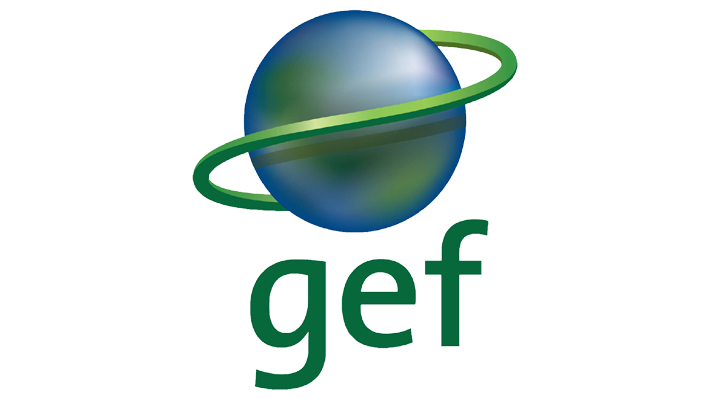Climate finance Global Environment Facility (GEF)
The GEF pursues an integrated approach. Its support for projects in developing countries is not limited to activities on climate change; it also covers areas such as biodiversity loss, land degradation, water and chemicals. In this way, the GEF contributes to halting global environmental change and fostering sustainable development.
The GEF works with a network of 18 GEF Agencies, which includes long-standing partners such as the World Bank, the United Nations Development Programme and the United Nations Environment Programme. Civil society and national implementing entities are also involved in project implementation.
In the current 8th replenishment period (July 2022 to June 2026), the GEF has available funding of 5.33 billion US dollars for new projects and programmes. With a contribution of 700 million euros, Germany is an important donor in this period. Other major contributors include Japan, Sweden, the UK and France.
Impact
The GEF is achieving tangible impact worldwide.
- In the current replenishment period, GEF-funded projects have helped to avoid about 1.9 billion tonnes of CO2 (as at June 2025).
- GEF support has also facilitated the creation, or improved management, of 94.2 million hectares of terrestrial protected areas – an area about the size of Tanzania.
Within the German government, the BMZ has the lead responsibility for the GEF and represents Germany on the GEF Council.
Least Developed Countries Fund (LDCF) and Special Climate Change Fund (SCCF)
The Least Developed Countries Fund (External link) and the Special Climate Change Fund (External link) are managed under the umbrella of the GEF.
The purpose of the LDCF is to support projects undertaken by least developed countries (LDCs) to implement their National Adaptation Plans (NAPs).
The SCCF focuses its support on small island developing states (SIDS), assisting them with adaptation, with special attention being given to innovative technologies.
So far, the LDCF and the SCCF have supported more than 500 projects with a total of over 2 billion US dollars, benefiting more than 70 million vulnerable people. Furthermore, the two funds have contributed to improving the climate resilience of more than 16 million hectares of land – an area nearly half the size of Germany.
As at: 19/06/2024
